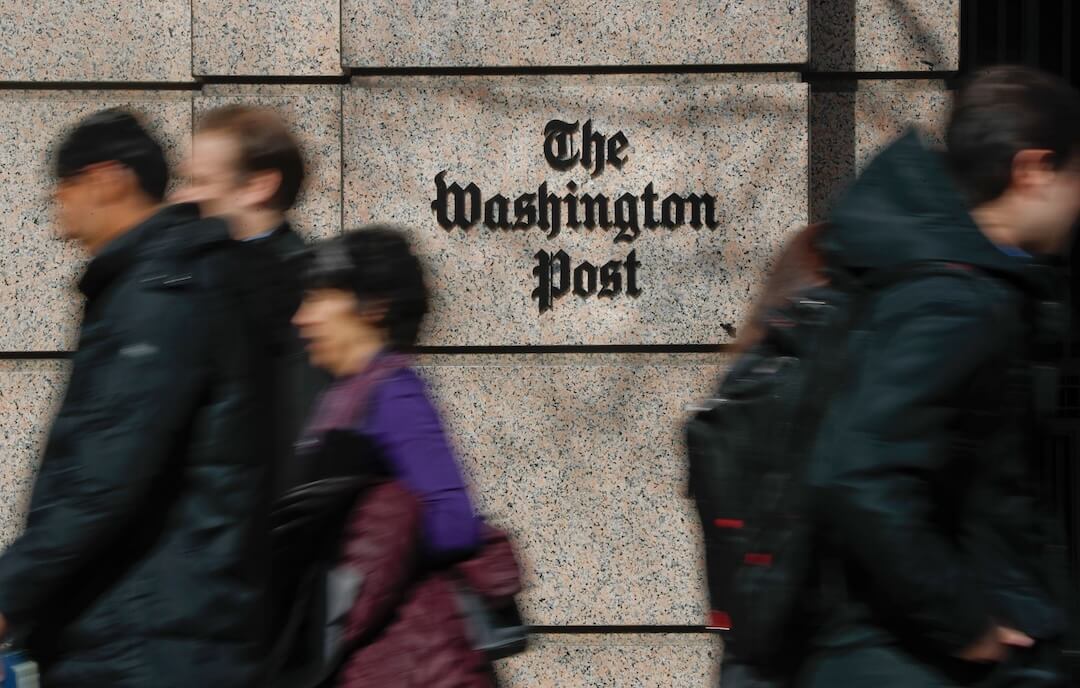The horrific news out of Ukraine got worse Thursday night and we won’t know how bad the news is until Friday or into the weekend. The mayor of Energodar, a city about 275 miles southeast of Kyiv, said Russian bombs slammed into the Zaporizhzhia nuclear power plant, the largest of its kind in Europe.
Mayor Dmitry Orlov said a fire was burning in the plant and firefighters could not enter the facility while the shelling continued. Ukraine’s foreign minister said Russian troops were “firing from all sides” at the plant.
Just before 8:30 p.m. Eastern time, firefighters were allowed to enter the facility, according to the Eastern European news source Nexta. Nexta also reported, “According to Andrey Tuz, spokesman of the press service of the nuclear power plant, there is no threat of radiation spread.”
Nexta reported that security video seems to indicate that the fire is in the administrative building, but the reactor building is nearby. A half-hour later, Nexta reported:
Important information from Zaporizhzhia NPP:
At the moment, the third power unit was shut down at the plant and only the fourth unit is working;
The radiation and fire safety conditions at the nuclear power plant are within normal limits. pic.twitter.com/qspIFz8O7x
— NEXTA (@nexta_tv) March 4, 2022
The bombing and fire prompted some of the most alarming news coverage so far in the Russian invasion. CNN’s red font top-of-page headline blared:

(CNN)
USA Today reported:
This was the web front of the German edition of Der Spiegel. It says, “Russian Troops Attack Europe’s Largest Nuclear Power Plant.”

(Der Spiegel)
Energodar is a city of 52,887 people. The city, located on the Dnieper River, was essentially built to serve the massive power plant. The power plant supplies one-quarter of Ukraine’s power generation.
Russia claimed to have captured the power plant five days ago, but the mayor said that was not true. Earlier Thursday, social media posts documented Ukrainians standing in front of Russian troops who were trying to enter the grounds of the nuclear plant.
News coverage Friday should bring clarity around whether the claim that there’s no danger of radiation spread is true. You can forgive any doubter for having doubts given the 1986 Chernobyl accident that also occurred in Ukraine. Russian forces also moved in on that contaminated site this week, where they still store spent nuclear fuel and radioactive waste.
As news coverage unfolds Friday, this briefing by the Carnegie Foundation for International Peace may help us understand the danger of active shelling in a country with multiple nuclear plants in operation.
As CNN interviewed an expert who warned this attack could lead to another Chernobyl, Nexta provided an update on Twitter:
Nuclear safety of the plant is ensured — the head of the Zaporozhye Regional State Administration
— NEXTA (@nexta_tv) March 4, 2022








